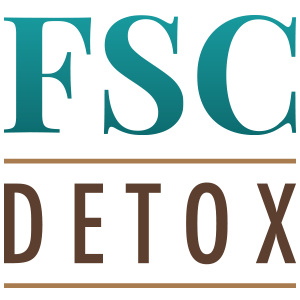How to Talk to Your Teen About Drug Use and Addiction
Guidance for Timing, Tone & Comfort for Important Conversations
Talking with your teenagers about substance use and addiction is an important part of parenting, but it is not always a subject that is easy to broach. It is beneficial to create a conducive environment and to approach the subject with an open mind. Remember that your child wants to be respected and understood and that you can set the tone of the conversation with how you approach it from the start.
At Fresh Start of California, Orange County’s drug and alcohol detox and rehab facility, we understand the importance of knowledge and awareness when it comes to drug use in your teen. We know how devastating an early-life drug addiction can be for a family and we want you to be as prepared as possible.
For questions about residential rehabilitation or detox in Orange County, contact Fresh Start of California and get your teen on the road to recovery today.
5 Steps for Discussing Drug Use
- Choose a proper place and time. Make sure that you have enough uninterrupted time, privacy and to keep the environment relaxed. One example of a comfortable space is during a car ride. This will allow an easy flow of conversation without the direct face-to-face eye contact that might make your teen feel attacked.
- Keep an open mind and refrain from making general or wide-sweeping accusations during the initial discussion. Let your teen talk and do not interrupt. Express your genuine feelings and concerns using “I” and don’t be afraid to show emotion.
- Ask questions about your teen’s knowledge of different substances and allow them to explain what their concerns are, what they have been exposed to or what they know about. Teens have access to and exposure to different substances than were available decades prior.
- Provide accurate, realistic scenarios and use teachable moments. Present real statistics or experiences and offer information that is useful. Talk about what drugs there are, discuss their dangers, discuss risky situations and ask what you can do to help them avoid the risks.
- Discuss peer pressure and how to avoid it. Be realistic and avoid condescending tones or angry “fear” based talk. Give them options that are relatable and useful, rather than the “just say no” tactics used in years past.
Assessing Drug Use and Addiction
When drug abuse or addiction is suspected, assess your child for signs before approaching the subject.
Watch for:
- Changes in appetite, weight or energy
- Neglect of normal activities, chores, schoolwork, or homework
- Changes in hygiene or personal care
- Changes in sleep patterns
- Signs of intoxication including slurred speech, bloodshot eyes, body shivers or tremors, constant sniffling or runny nose or flushed face
- Changes in friend group
- Mood swings
- Money issues
If you notice any of these changes, approach your teen with compassion, concern, and love. If you are ready to introduce detox and rehabilitation, have the resources available and in place for immediate action. Rather than directing your child or demanding that they comply, it is helpful to persuade them to make the decision themselves. If you offer reasonable and beneficial information, they will be able to make the decision with you.
You Are Not Alone: Addiction Treatment is a Phone Call Away
Whether you have questions about addiction, drug use, and abuse or warning signs, it helps to have advice and information from a professional. The team of drug use and addiction specialists at Orange County’s Fresh Start of California can help you with answers to your important questions. We are here to provide hope and guidance when addiction takes hold of your family or your loved one.
Call Fresh Start of California today and get the answers and help you need.


